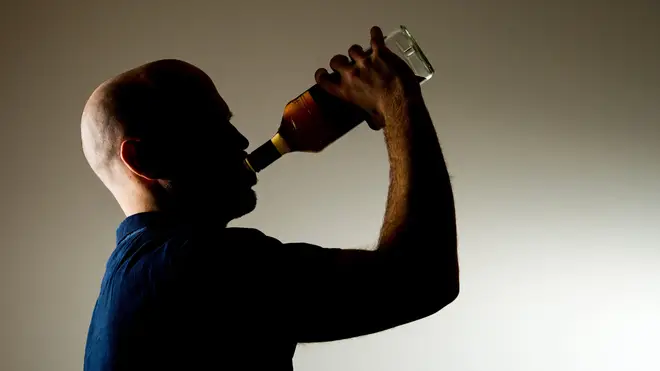
Henry Riley 4am - 7am
29 January 2020, 14:45

Health organisations are urging the Chancellor to raise taxes on alcohol in order to pay for more nurses and police.
Experts said decisions to freeze and even cut the duty had cost the Government more than £1 billion annually - enough to fund the salaries of 40,000 nurses or 29,000 police officers.
The Alcohol Health Alliance, a coalition of more than 50 leading UK health groups, has written to Sajid Javid calling for a 2 per cent rise in alcohol duty at the Budget to fund workers.
Mr Javid would have to change the mind of the Prime Minister if he was to bring about the duty rise in his March Budget.
During the Conservative leadership election, Boris Johnson vowed to put a stop to any rise in so-called "sin taxes", including levies on alcohol, tobacco and unhealthy foods.
In 2008 an alcohol duty escalator was introduced, raising taxes by 2 per cent above inflation every year.
But it was scrapped in 2013 and since then the Government has also frozen and made further cuts to alcohol duty, leading to lower prices.
Shop-bought alcohol is now more affordable than at any time in the past 30 years, according to Professor Ian Gilmore, chair of the alliance.
He said: "Alcohol is 64 per cent cheaper than it was 30 years ago, and its availability at these prices is encouraging more of us to drink at unhealthy levels.
"In order to protect the future health of our society, the Government must take action now by increasing duty on alcohol and investing that money into our overstretched and underfunded NHS and public services."
The organisation referenced findings published last year by the University of Sheffield that showed cuts in alcohol duty since 2012 had led to 1,969 additional deaths.
Researchers concluded that the fiscal decision had put an additional £317 million strain on the NHS, with almost 61,400 extra hospital admissions.
Helen Donovan, professional lead for public health at the Royal College of Nursing, said: "With alcohol-related admissions to hospitals rising year-on-year in England and thousands of lives continuing to be cut short, it is clear that urgent action is needed to tackle the ill-effects of alcohol abuse.
"Increasing the duty on alcohol sales is just one step required to relieve pressure on NHS services.
"This revenue could be invested in nursing staff and services based within communities that aim to change cultural and social attitudes towards alcohol and provide world-class health protection programmes."
Meanwhile, freshly-published figures revealed that in Scotland the amount of alcohol sold dropped during the first year of minimum pricing, while sales increased in England and Wales.
NHS research found the volume of pure alcohol sold per person dropped from 7.4 to 7.1 litres - a fall of 3.6 per cent.
In England and Wales, where minimum pricing was not implemented, the volume rose from 6.3 to 6.5 litres.